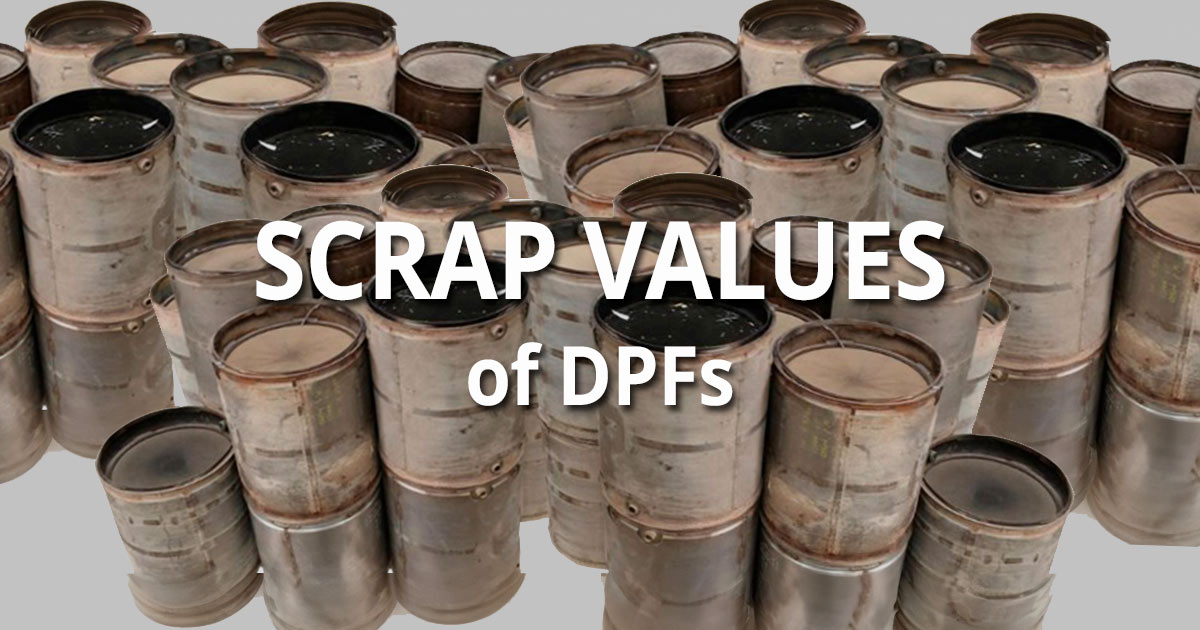
What’s the Scrap Value of DPFs from Heavy-Duty Trucks?
Depending on the PGM content and commodity prices, a failed DPF or DOC is typically worth $20–$700.
Industrial Precious Metal Recovery

Depending on the PGM content and commodity prices, a failed DPF or DOC is typically worth $20–$700.
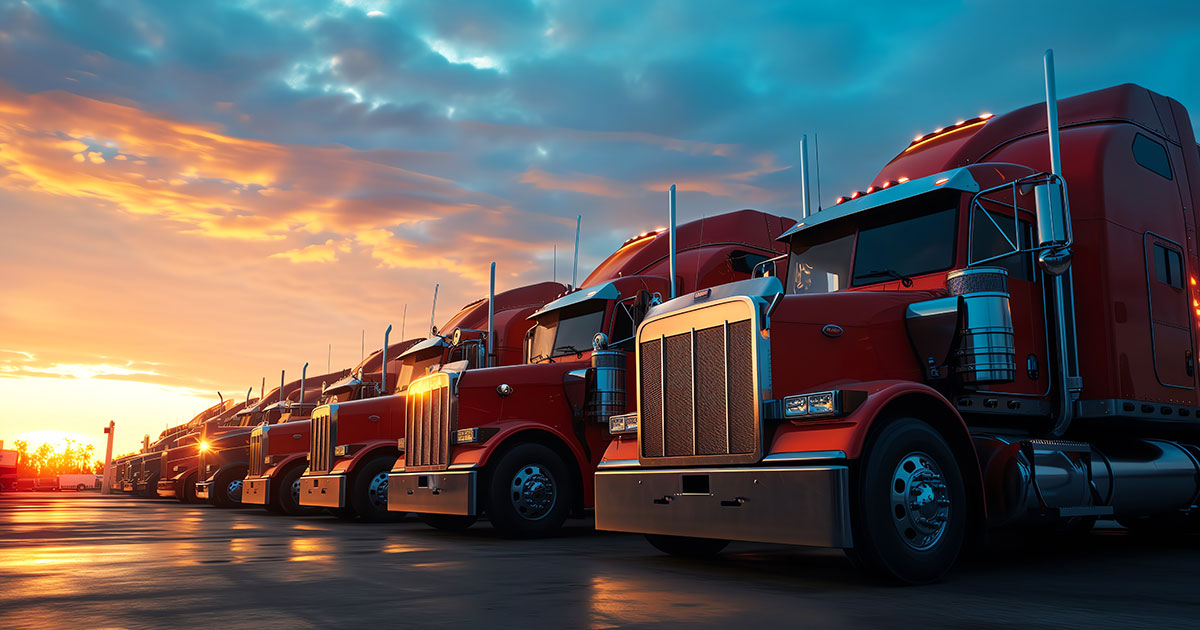
If you’re a large fleet, leasing company, or dealer group, it’s time to capture the income from DPF and DOC recycling.
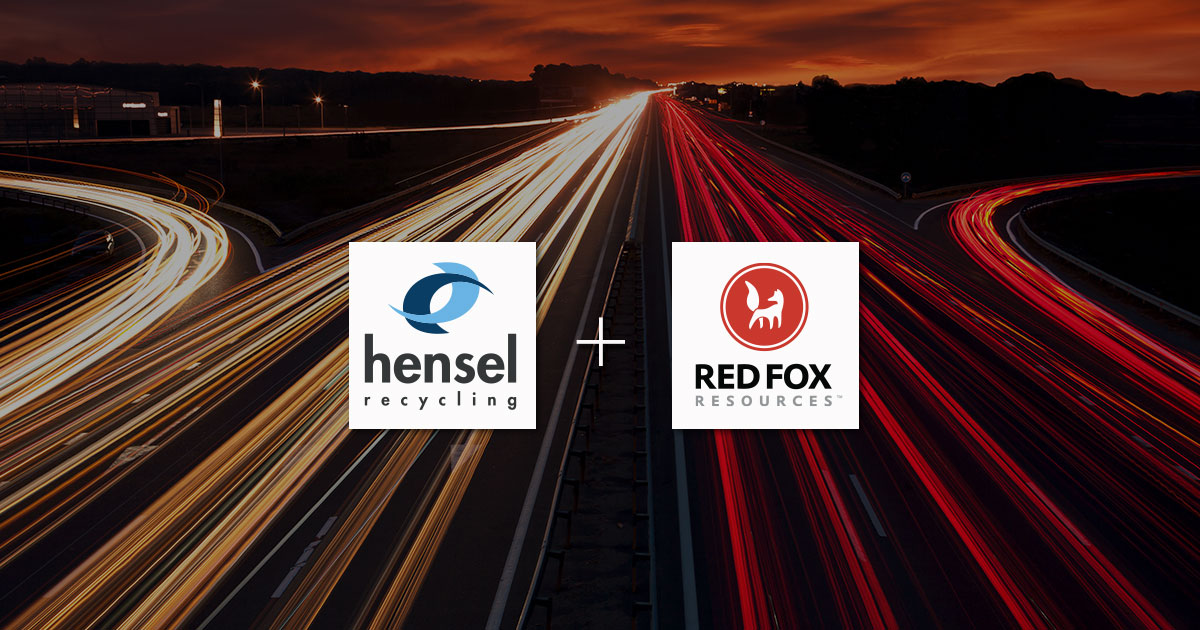
Hensel Recycling Group strengthens its presence in North America through the acquisition of Red Fox Resources.
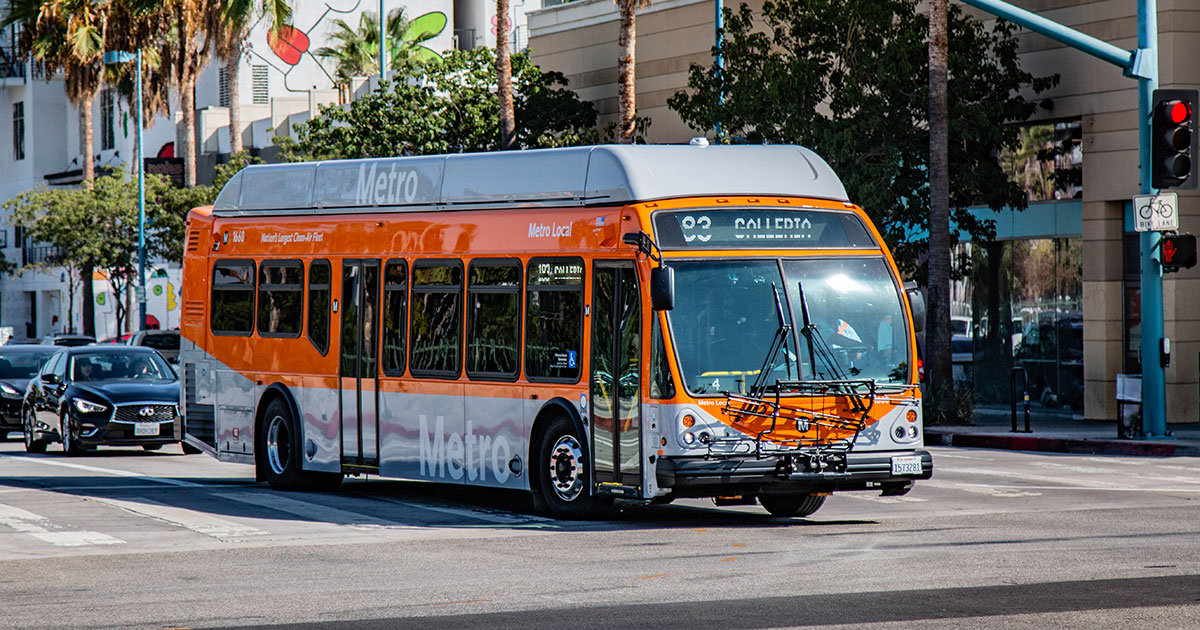
As natural gas-powered fleets mature, recycling the PGM found in their emission control equipment should become a priority.
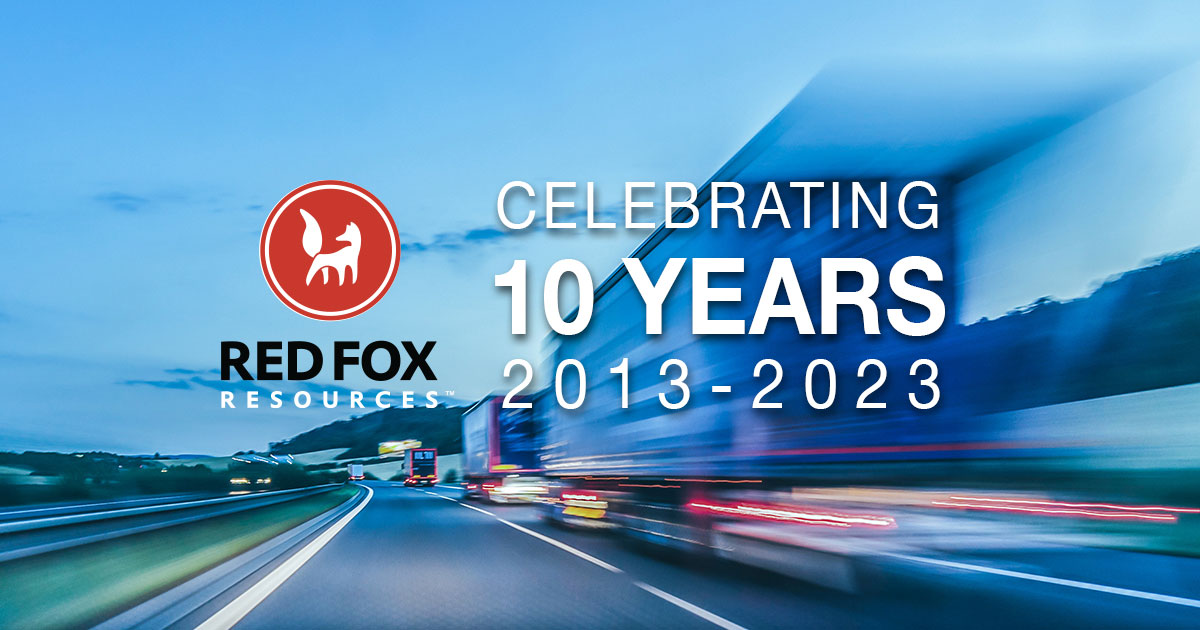
Recycler of precious metals from heavy-duty and industrial sectors, celebrates its 10th anniversary.
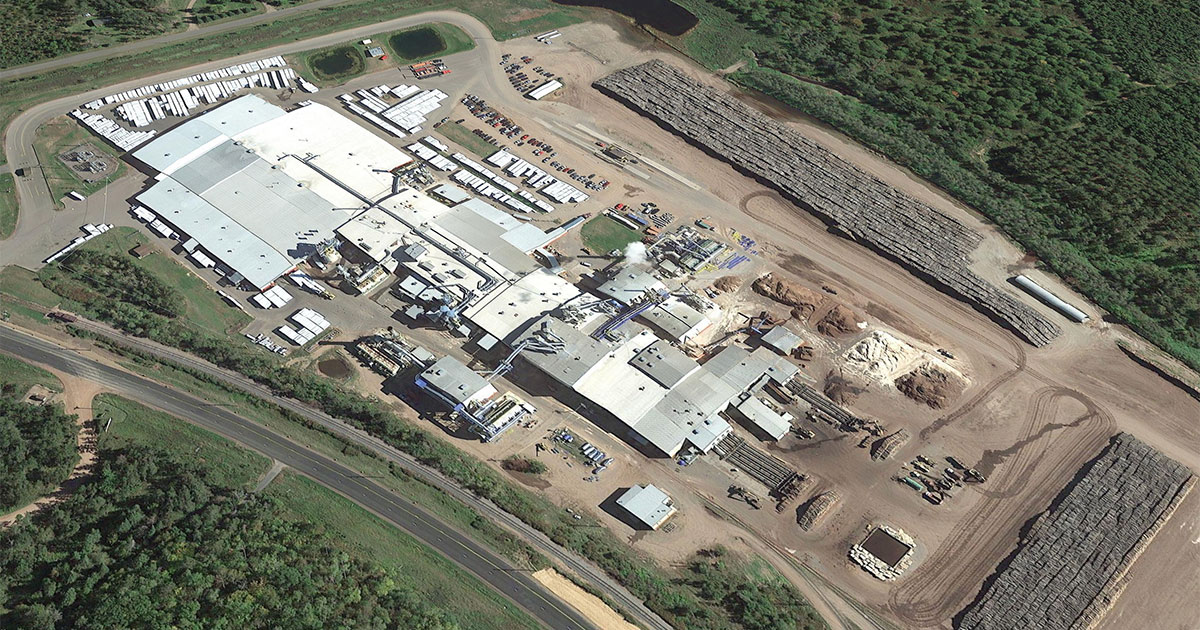
Plant owner partners with Red Fox to manage the process of recycling catalyzed media in found in RCO equipment.
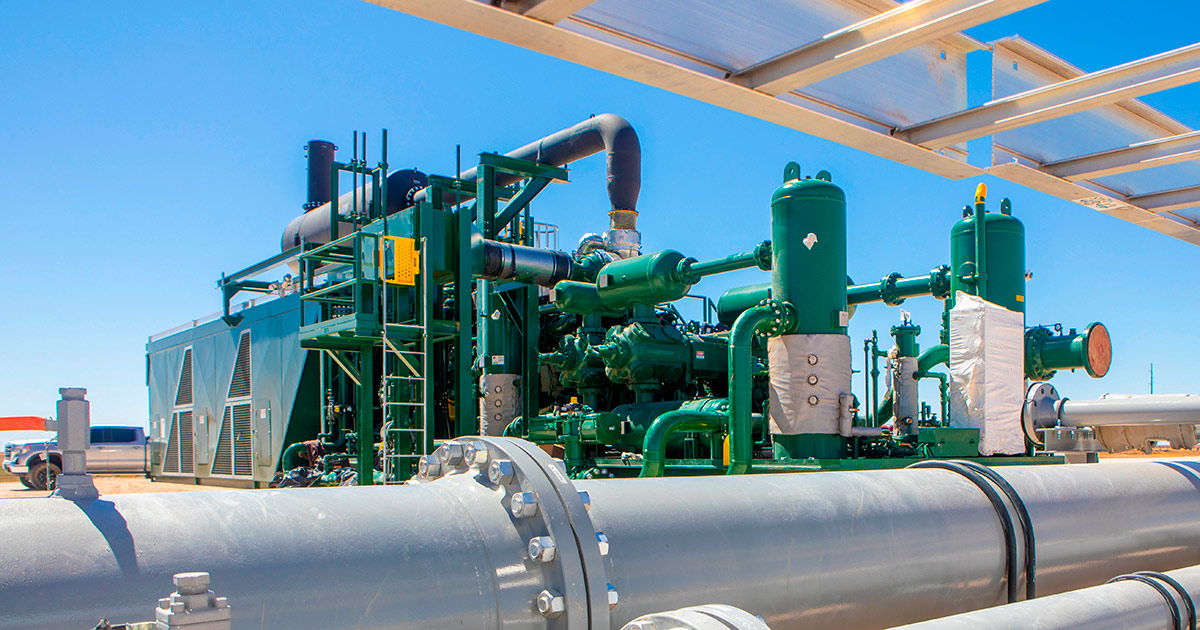
Like catalytic converters from cars, industrial catalysts on large natural gas engines can be recycled to reclaim precious metals.
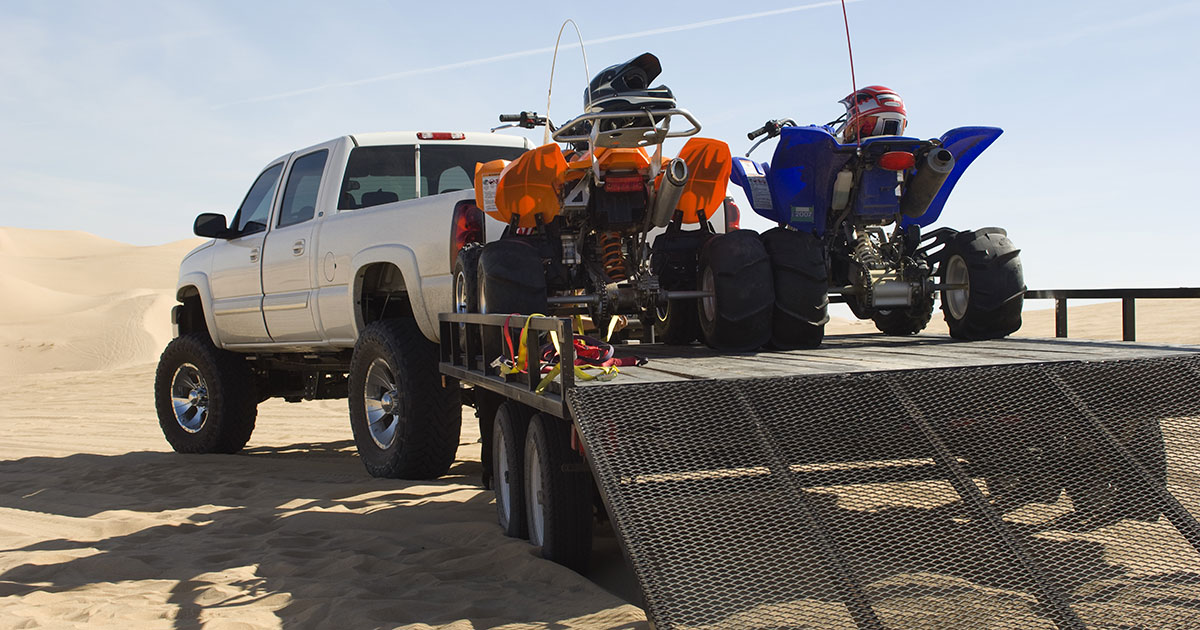
Whether you have one or hundreds, this article and video should help you find a recycling partner.
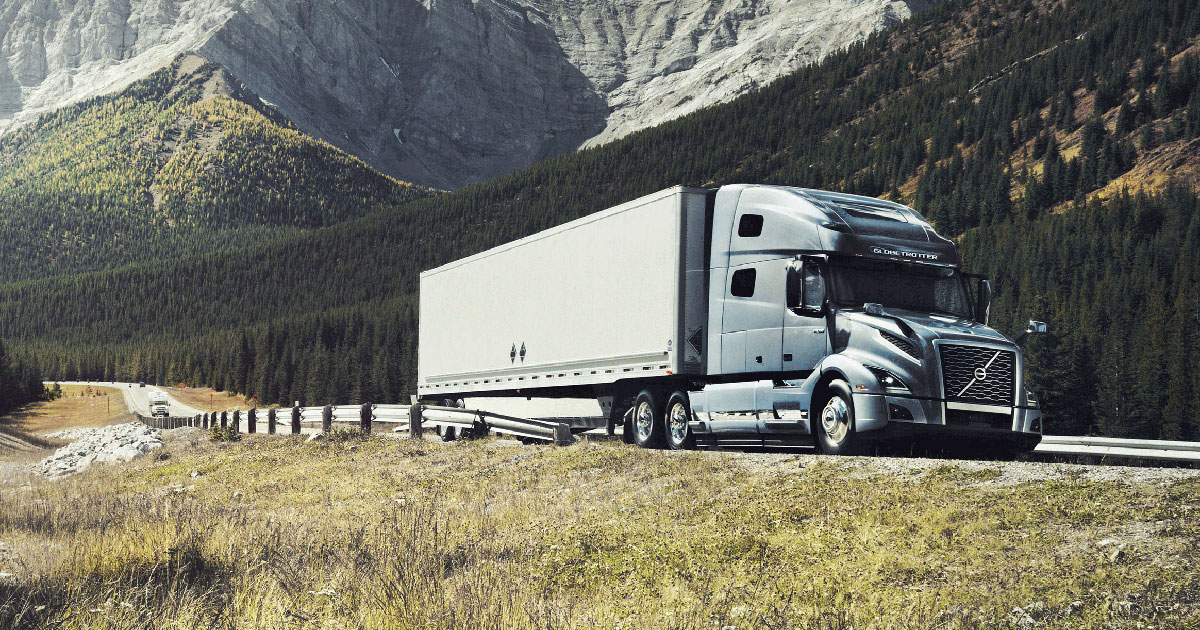
Emission parts recycling program provides revenue and sustainability opportunity for Volvo and Mack truck dealers.
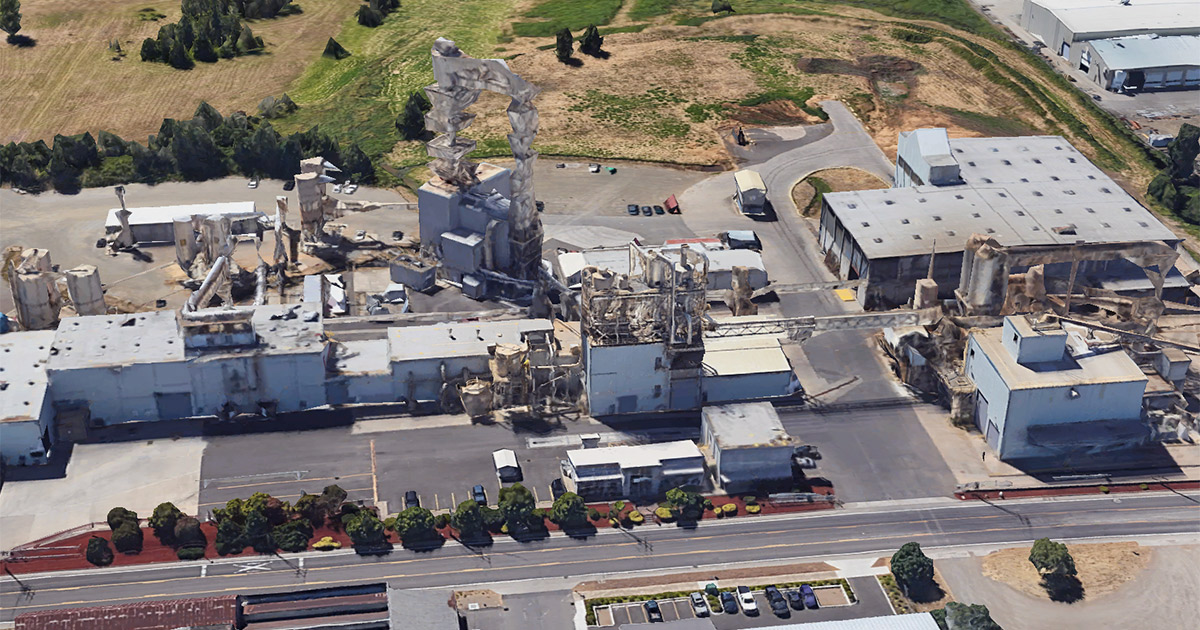
This case study features an example project where recycled catalyst material recovered significant revenue for the plant owner.